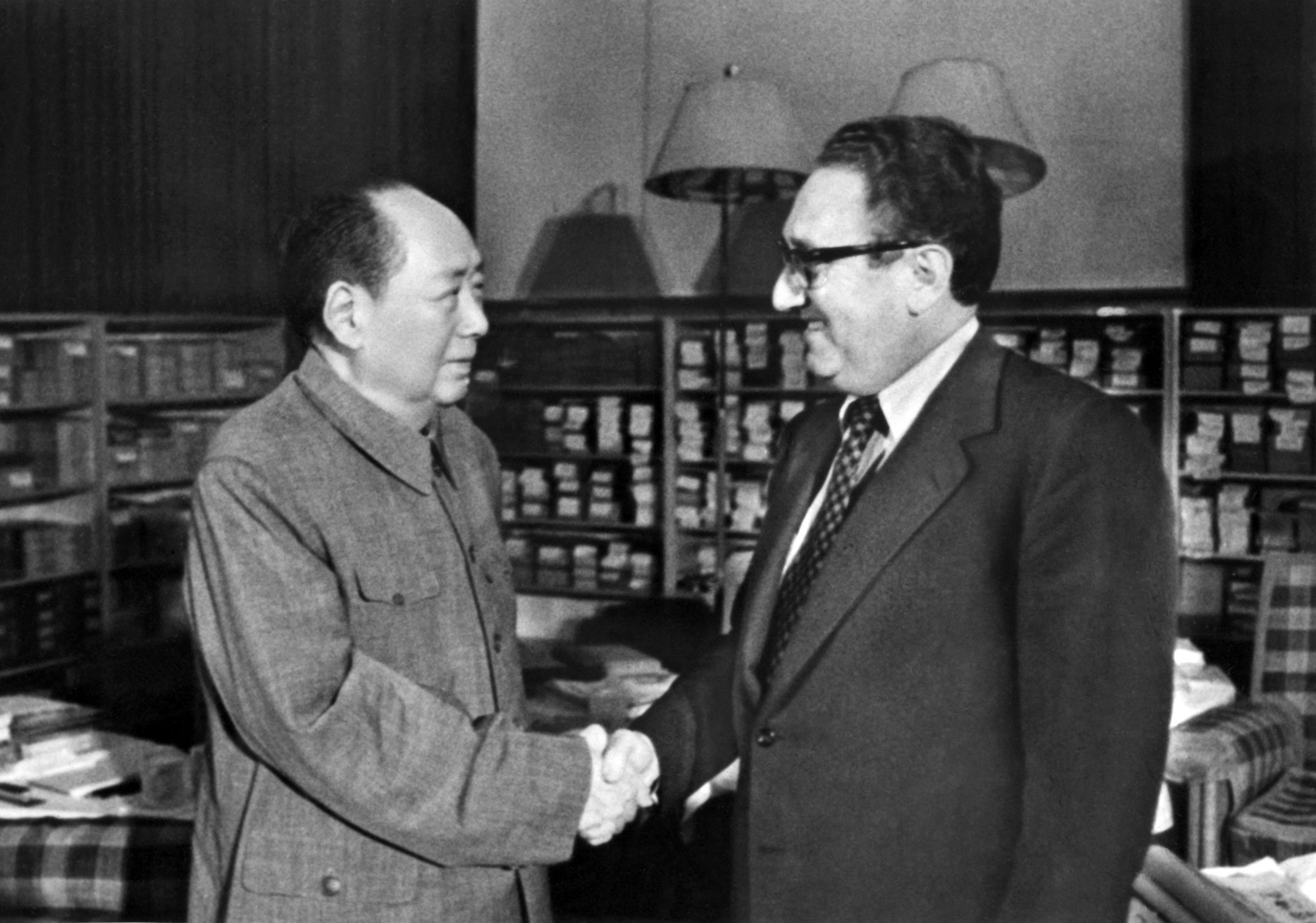Heinz Alfred Kissinger, who was born on May 27, 1923, in Fürth, Germany, was of Jewish descent and fled with his family to the United States in 1938. He became a naturalised US citizen in 1943, and served in the army in Europe during the Second World War, before going to Harvard University on a scholarship, where he received a master's degree in 1952 and a doctorate in 1954. He lectured at Harvard for the next 17 years.
During this time, Kissinger worked as a consultant to government agencies, including in 1967 when he served as a State Department mediator in Vietnam. He used his connections to the administration of President Lyndon Johnson to pass information on peace negotiations to the Nixon camp, Reuters recalled. After President Nixon's fallout from the Watergate scandal, Kissinger continued as Secretary of State under President Gerald Ford, but his views on foreign policy remained influential for the rest of his life.
His 1973 peace prize - awarded jointly with Le Duc Tho of North Vietnam, who subsequently refused it - was one of the most controversial. Two members of the Nobel committee resigned over the choice because of questions about the secret US bombing of Cambodia. Kissinger has also come in for much criticism for his support for the coup against Chilean President Salvador Allende.
After leaving the government in 1976, Kissinger founded an influential consultancy firm in New York that advised the world's corporate elite. He spoke at numerous forums, wrote books, regularly commented on international affairs and met world leaders.

